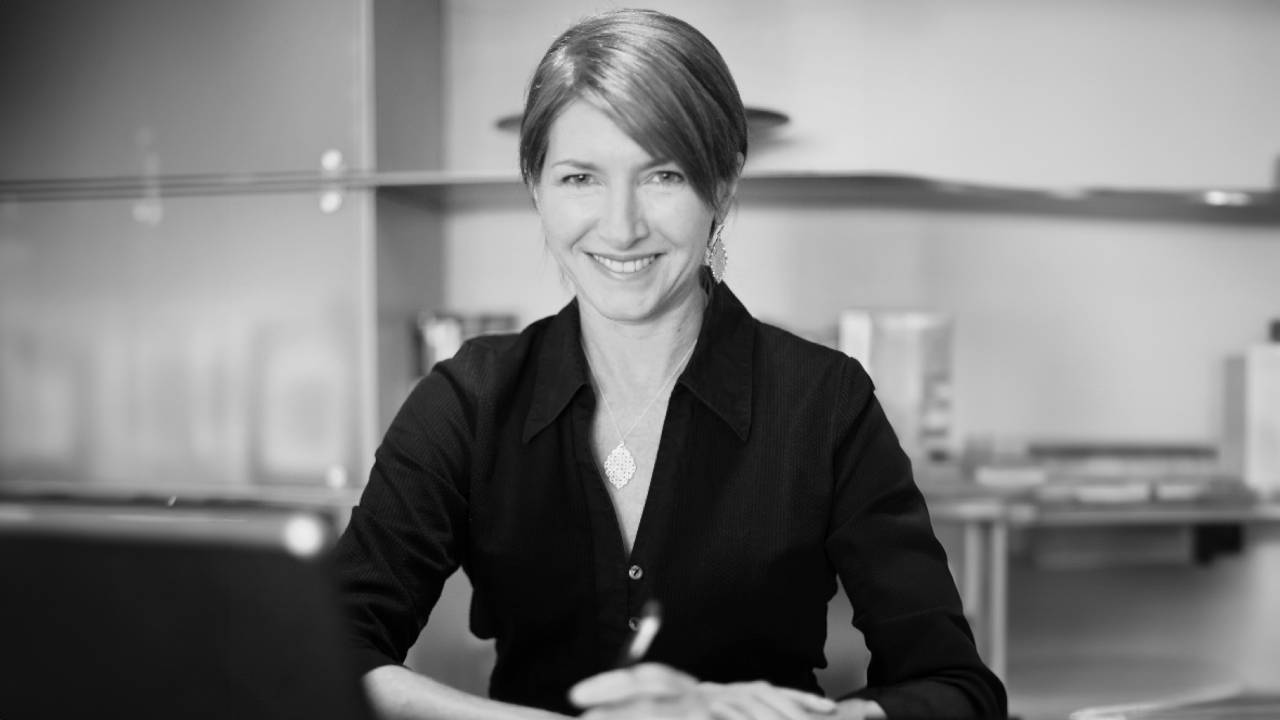
Hope in times of uncertainty by Dr Caroline Burns.
In times of great uncertainty our relationship with the future becomes strained. The usual ways we use to navigate tomorrow no longer work.
The stories we tell ourselves about our public past shape how we interpret and respond to and show up for the present. The stories we tell ourselves about our private pasts shape how we come to see our personhood and who we ultimately become. The thin line between agency and victimhood is drawn in how we tell those stories.
Expanding upon her previous writings on hope, in 2003 Rebecca Solnit - one of the most singular, civically significant, and poetically potent voices of our time - writes in Hope in the Dark: Untold Histories, Wild Possibilities (2003):
“Hope locates itself in the premises that we don’t know what will happen and that in the spaciousness of uncertainty is room to act. When you recognize uncertainty, you recognize that you may be able to influence the outcomes — you alone or you in concert with a few dozen or several million others. Hope is an embrace of the unknown and the unknowable, an alternative to the certainty of both optimists and pessimists.”
Although the specific conditions of the day may have shifted, their undergirding causes and far-reaching consequences have only gained in relevance and urgency in the dozen years since.
Research on hope in socio-political and business contexts demonstrates its importance in navigating uncertainty. In socio-political and business environments, hope serves as a catalyst for resilience, decision-making, and adaptation in the face of uncertainty, often driving collective action and fostering stability in dynamic contexts.
In her book Uncharted – How to Map the Future Together (2020), leading business thinker and author Margaret Heffernan explores our ability to navigate uncertainty, complexity, contrasting it to our addiction to certainty, writing: "Not knowing the future makes us anxious and, in our anxiety, susceptible to binary thinking: either there’s one answer or there is none. The belief in solutions, quick fixes makes us give up when we can’t find one."
As we draw to the close of a year in which 70 ‘democracies went to the polls, wars continue to escalate in the Middle East and Ukraine, Syria has suddenly drive out 50 years of dictatorship and we creep inexorably closer to 1.5 degrees of global average surface warming, I am not surprised to hear that Solnit has written a new forward and her book has found new readers looking for guidance.
What lies ahead for 2025 for each of us personally, our communities and society, our organisations (who may be our employers or clients)? How can organisations make good decisions at a time like this and what role does hope play in leadership?
-----
Caroline has a 30+ year entrepreneurial career, specialising in business growth, market share capture, and competitive edge. With 17 years of experience in Asia, she focuses on sustainable growth and resource capability. Caroline's doctoral research emphasises the importance of a "one size fits all" approach to creating value. She actively participates on private company boards and nonprofit boards, promoting collaboration, innovation, and critical thinking.
.
Below time zone is Hong Kong Time (HKT). Check your local time zone.
Rewatch all sessions.
Thank you for joining our free Dialogic Drinks sessions. Since 2020 we have hosted over 800 hours of global dialogues with participants from all parts of the world. To continue this we rely on your support. If you can, consider a membership which will give you access to catch up on over 100 different topics from complexity science to future leadership, behaviour, narrative intelligence, climate crisis, organisational culture, and much more.
WATCH >
